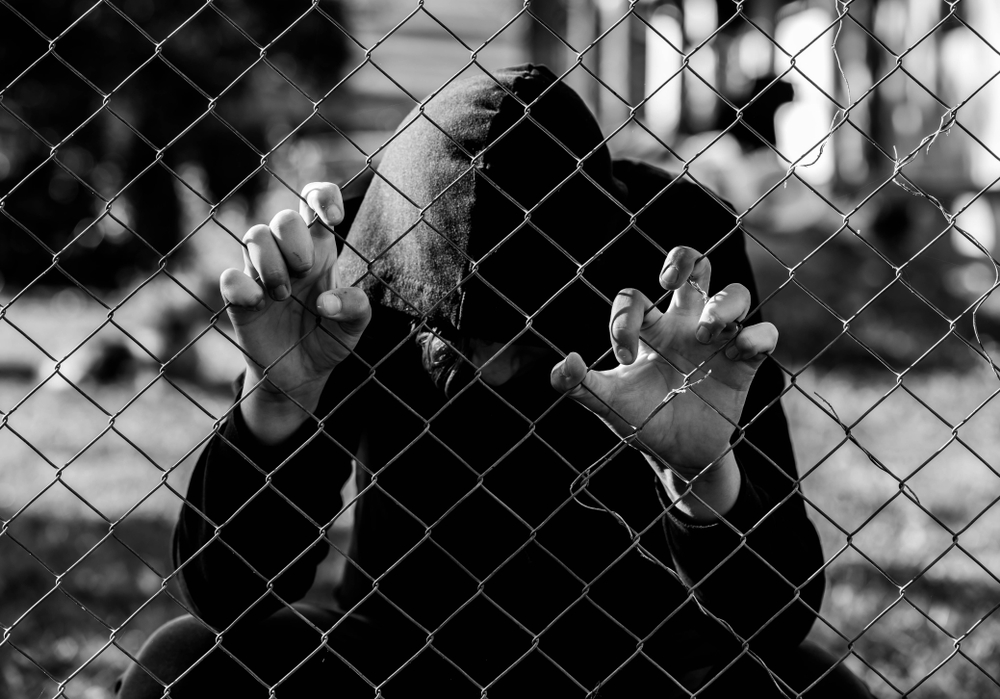Communication with teens is crucial when it comes to helping them through adolescence. It’s not easy, though. Parents often struggle with connecting with their teenager because this stage of development is marked with a strong desire to break away from parental restraints and become independent. This is why many relationships between parents and teens are unhealthy.
The good news is that turning an unhealthy relationship into a healthy one starts with communication. The following are five conversation starters you can try to break through the adolescent communication barrier.
Start Small
According to Mendi Brown, LCSW from Ignite Teen Treatment, Elemental Treatment, MendisPlace.com, and a passionate advocate for teens and young adults struggling with mental health issues and addiction, “the conversation doesn’t have to be ground breaking, and the topic doesn’t have to be unique. You can talk sports, weather, hobbies, books, etc.” Find out what your teen is currently interested in, and spark up conversation about it. If your teenager doesn’t say much after you initiate, don’t give up. It takes time to build up a relationship, and just a little bit of conversation is enough to get the ball moving.
Share Experiences
Children imitate their parents, and so do teens, as long as they don’t feel pressured to do so. Parents can nonchalantly share something from their day that they liked and disliked, and the teen may join in on the discussion.
Ask Open-Ended Questions
Open-ended questions prevent people from simply answering yes or no. Instead, the person has to go in depth with a response. For example, “can you show me how to set up Instagram?”
Praising or Complimenting
A teen will close up quickly if he/she feels the conversation is going to get him/her in trouble. Start with praising or complimenting your teen. Some possible ones are:
- I love your choice of outfit today.
- You did a great job with the dishes last night.
Most of the time, you’ll get a “thanks” or shrug in return, but you can further the conversation by then asking an open-ended question.
Consider Settings
It’s important to consider the settings you’re in as well when trying to start a conversation with your adolescent. While at home, your teen can simply turn around and go to his/her room. However, in the car, there’s really nowhere to go to get away from the conversation.
Dr. Fred Peipman from Parenting Across the Gap recommends talking to adolescents in the car for a few reasons:
- It’s less threatening.
- There’s time without minimal distractions, although you may need to compete with a phone, tablet, or music.
- You have a captive audience in that he/she can’t walk away.
It’s a Process
It can take months to rebuild a relationship with a teen. Don’t rush the process. Start small and build on that. Don’t show your disappointment or frustration when your teenager doesn’t respond as well as you’d like to your efforts. Just take what you get, and try again another day. Little by little you may see him or her open up.
Signs of Trouble
Some parents are beside themselves when they try to communicate with their teens, especially when they are getting into trouble. In this situation, teens may need another level of care by a professional. There may be other factors involved in their isolation and behavioral issues.
If you feel your teen is becoming isolative and uncommunicative beyond what is believed to be normal for adolescents, consider programs for troubled teens. These programs offer therapeutic techniques that can help you and your teen rebuild relationships and identify what may be influencing your teenager to the point of getting into trouble.
Help is always available for parents of troubled teens. Just reach out and ask for it.











0 Comments